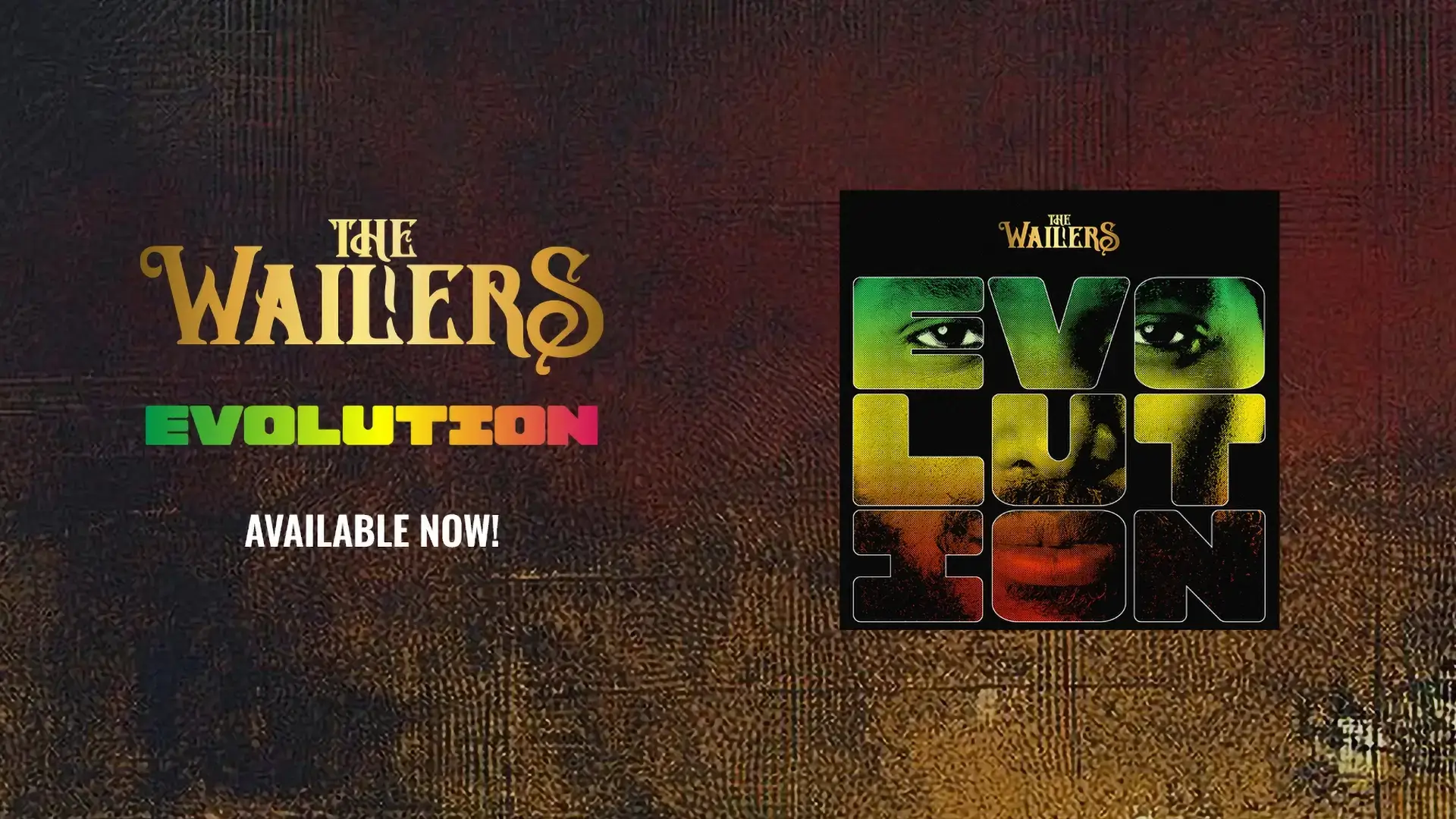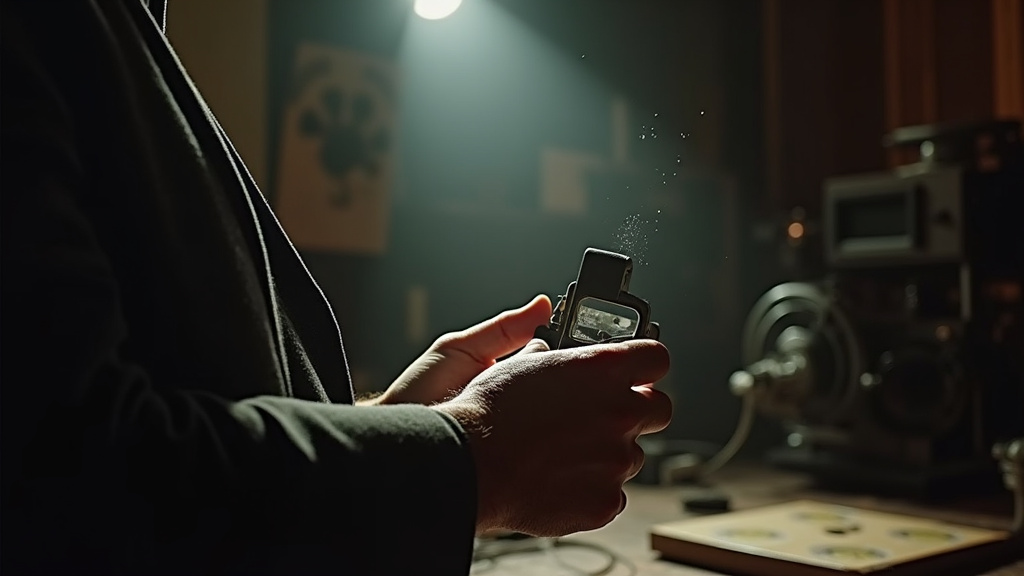By Maoli Mitchell
Reggae has always been more than just music—it’s a movement, a culture, and a voice for the people. And few groups have embodied that spirit like The Wailers. With their latest album, Evolution, the legendary band proves once again why their influence remains untouchable. Under the guidance of Grammy-winning producer Emilio Estefan Jr., this project isn’t just a continuation of their legacy—it’s a bold step forward. Now, with a Grammy nomination for Best Reggae Album, Evolution stands as a testament to the genre’s ability to grow while staying true to its roots.
A Collaboration of Icons and Innovators
Bridging the gap between classic and contemporary, Evolution brings together an impressive roster of reggae legends and fresh voices, creating a sonic landscape that feels both familiar and new. The album is anchored by the leadership of Aston Barrett Jr., son of the late Aston “Family Man” Barrett, the architect of The Wailers’ iconic rhythm section. Barrett Jr. not only carries his father’s torch but also injects his own creative energy into every track.
The project boasts a lineup of top-tier artists, each lending their unique artistry to the album:
- Mykal Rose – The former Black Uhuru frontman delivers commanding performances on Love Should Be Free, Close My Eyes, and Generation. His signature militant yet soulful tone brings an undeniable edge to the album.
- Marcia Griffiths – The Queen of Reggae graces Give It Up with her timeless, smooth vocals, adding a classic lovers’ rock touch.
- Gramps Morgan – Lending his deep, emotive voice to Holding On, Morgan’s contribution grounds the track in rich harmonies and heartfelt lyricism.
- Emily Estefan – The daughter of Emilio and Gloria Estefan brings a fresh perspective on Love Without Pain, blending her silky vocals seamlessly with the reggae backdrop.
A Sound That Honors the Past and Embraces the Future
The magic of Evolution lies in its balance—staying true to reggae’s roots while embracing new sounds. The production, helmed by Emilio Estefan Jr., delivers a crisp, modern sound without stripping away the authenticity that defines The Wailers. The horns are vibrant, the basslines are deep, and the grooves are as hypnotic as ever.
One of the album’s highlights, Generation, features an inspired collaboration between Mykal Rose and Aston Barrett Jr. The track feels like a passing of the torch, with Rose’s veteran presence merging seamlessly with Barrett Jr.’s fresh vision.
Then there’s Sins, a deeply introspective closer where Barrett Jr. steps into the spotlight vocally, proving he is more than just a bassist—he’s a fully realized artist in his own right.
“Mykal’s voice is one of the most powerful in reggae, and his work on Evolution proves that timeless voices never fade,” said Mykal Rose’s manager, William Moseley. “This album bridges generations, bringing the roots and culture of reggae to a whole new audience while honoring the legends who paved the way.”
The Grammy Nod: A Moment of Recognition for Reggae
A Grammy nomination for Best Reggae Album is no small feat. Reggae has long struggled for mainstream recognition, but projects like Evolution reinforce why the genre remains a powerful force in global music. This album isn’t just riding on The Wailers’ legacy—it is actively building on it, ensuring that their message of love, unity, and resistance remains as relevant as ever.
For longtime reggae fans, this nomination feels like a victory, a reminder that true artistry and cultural depth still have a place in an industry driven by fleeting trends. Whether Evolution takes home the Grammy or not, one thing is certain—The Wailers are far from finished.
Final Thoughts: The Legacy Lives On
Evolution is more than just an album—it’s a statement. It tells the world that reggae is alive, thriving, and ready for the next generation. The Wailers have not only upheld their name but have also expanded it, creating a body of work that speaks to both old-school purists and new listeners alike.
As Aston Barrett Jr. leads this legendary band into a new era, one thing is clear: reggae music isn’t just surviving—it’s evolving.










